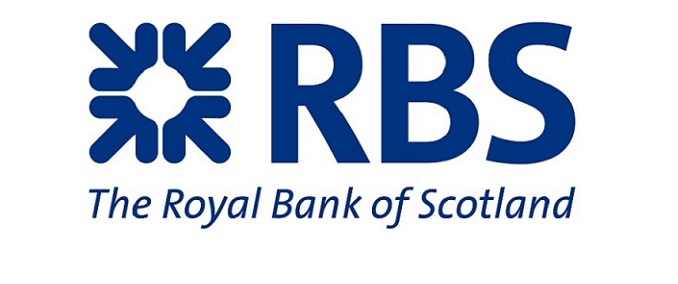Finance
RBS Introduces New energy Financing Policies to Support Low Carbon Transition

RBS introduces new energy financing policies to support low carbon transition
These changes follow the bank’s substantial reductions in fossil fuel exposures and growth in renewables in recent years as it refocuses its business on the UK, Ireland and Western Europe. RBS now has sector-leading expertise in sustainable energy financing and has funded more British renewable energy projects than any other UK bank for the last six years running.
There is growing interest in the role banks can play in tackling climate change. Energy supplies are changing rapidly as coal becomes a declining part of the mix and attention turns to cleaner forms of energy to support the Paris Climate Agreement and national targets. In March, RBS announced it was committing to provide £10bn of funding to the sustainable energy sector between 2018 and 2020 and that 80% of its energy project financing went to renewables in 2017.
The new policy changes being announced build on this momentum. Covering the mining, power and oil and gas sectors, they mean the bank will not provide project-specific finance to:
- New coal fired power stations
- New thermal coal mines
- Oil sands projects
- Arctic oil projects
- Unsustainable vegetation or peatland clearance projects
In addition, RBS is also tightening its restrictions on general lending to companies involved in coal, meaning it will not provide finance to:
- Mining companies generating more than 40% of their revenues from thermal coal – a reduction from 65%.
- Power companies generating more than 40% of their electricity from coal – a reduction from 65%.
RBS is a supporter of the Taskforce on Climate-related Financial Disclosures (TCFD) and these policy changes form part of its wider approach to tackling climate change, which includes its own direct emissions, support for green sectors and additional climate risk management measures. The bank sources 90% of its UK and Ireland electricity from renewables and reported a 39% drop in its own CO2 emissions since 2014. It has plans to develop further measures to help personal and business customers reduce their own emissions and energy costs.
Sonia Hierzig, Project Manager at the responsible investment campaign group, ShareAction, said: “The strengthened energy financing policies of RBS implement many of ShareAction’s recommendations for more robust management of climate-related risks. They also make RBS the bank with the strongest energy sector policies out of the top five UK banks. Based on this progress, RBS would now rank 8th in our climate ranking of the 15 largest European banks, up from 11th previously. This is an encouraging step forward in a relatively short space of time, and will hopefully inspire other banks to achieve similar progress.”
Kirsty Britz, Director of Sustainable Banking at RBS added: “The RBS of 2018 is very different to the bank we were a few years ago. If we’re going to support our customers in the long run, then it means addressing the challenge of climate change and the risks and opportunities it presents. We want to help build a cleaner, more sustainable economy for the future, and these policy changes form part of our broader approach to this major issue.”
Source: Royal Bank of Scotland

















































